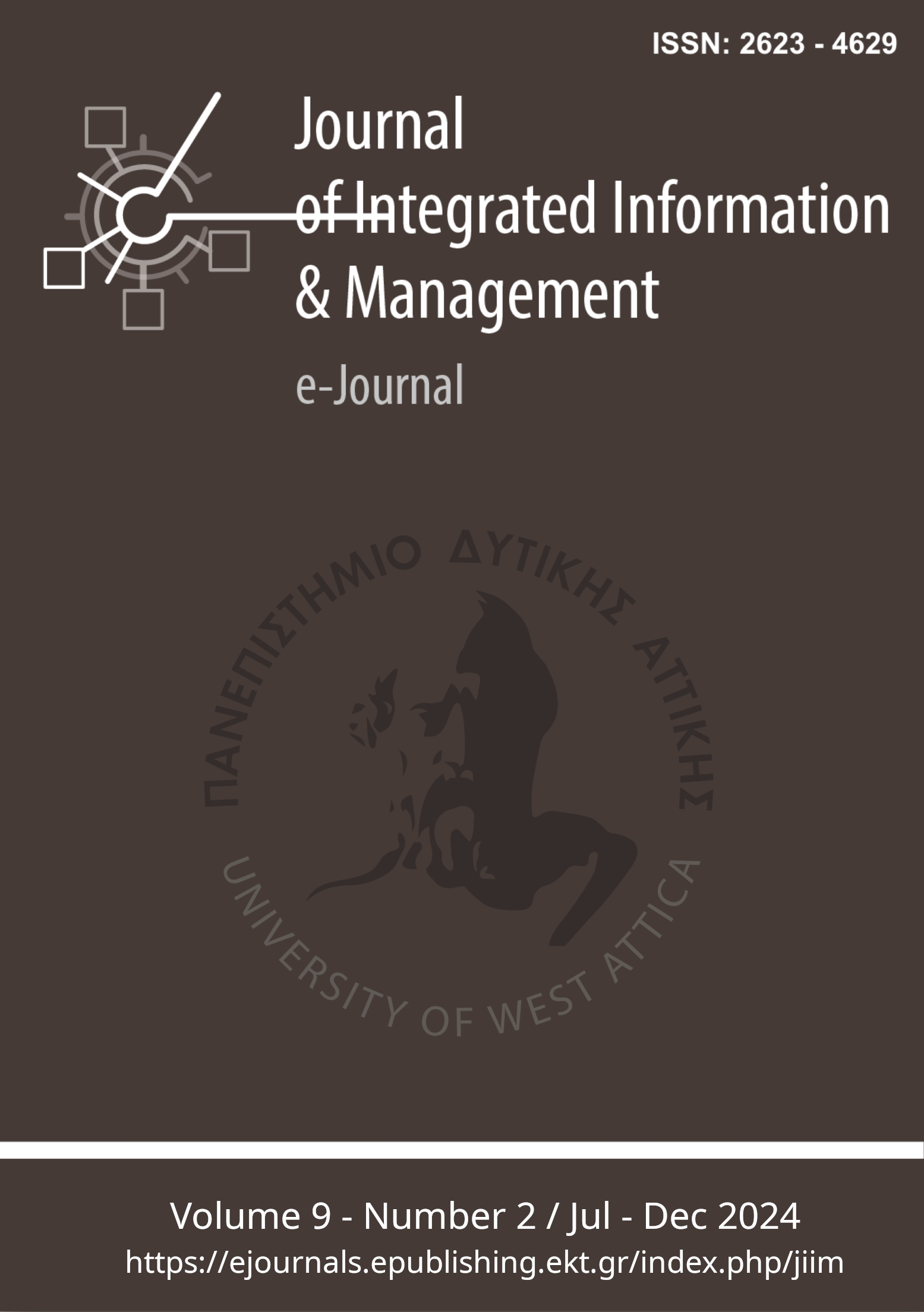Phygital Heritage Experiences in Refugee Attica

Abstract
The Greco-Turkish war's aftermath led to a significant refugee crisis in 1922, with over 1.5 million fleeing Asia Minor for safety in Greece. The Digistoryteller project aims to document and share narratives of these refugees' struggles to establish homes in Attica, using digital storytelling and crowdsourcing features. This project, through its database and mobile apps, allows for city exploration and contributions from experts and the public. A key focus of the project is the concept of "phygitality," which combines physical and digital experiences. Phygitality encompasses various combinations, including augmented reality, 3D printing, and holograms. In cultural heritage, phygitality offers new ways to engage with historical sites and enhance cultural experiences. Different phygital products developed within the framework of the project will be presented. In the case of Vyronas, a municipality in Attica founded as the first urban refugee settlement, the project introduces phygital objects like paper reconstructions of historical buildings. These objects, like the Old Town Hall, provide educational and touristic value by allowing users to assemble them and access augmented reality information about the building's history. Initial user testing has shown promising results, with plans to integrate these objects into educational programs and museum shops. The municipality of Vyronas intends to produce these objects for both educational and touristic purposes
Article Details
- How to Cite
-
Antoniou, A., Lampada, D., Kamara, A., & Kyriaki-Manessi , D. (2024). Phygital Heritage Experiences in Refugee Attica. Journal of Integrated Information Management, 9(2), 20–23. https://doi.org/10.26265/jiim.v9i2.38540
- Section
- Research Articles

This work is licensed under a Creative Commons Attribution-NonCommercial 4.0 International License.
Copyright Notice
Authors who publish with JIIM agree to the following terms:
- Authors retain copyright and grant the journal right of first publication with the work simultaneously licensed under a Creative Commons Attribution Non-Commercial License that allows others to share the work with:
- An acknowledgment of the work's authorship and initial publication in this journal.
- Authors are permitted and encouraged to post their work online (preferably in institutional repositories or on their website) prior to and during the submission process, as it can lead to productive exchanges, as well as earlier and greater citation of published work.





